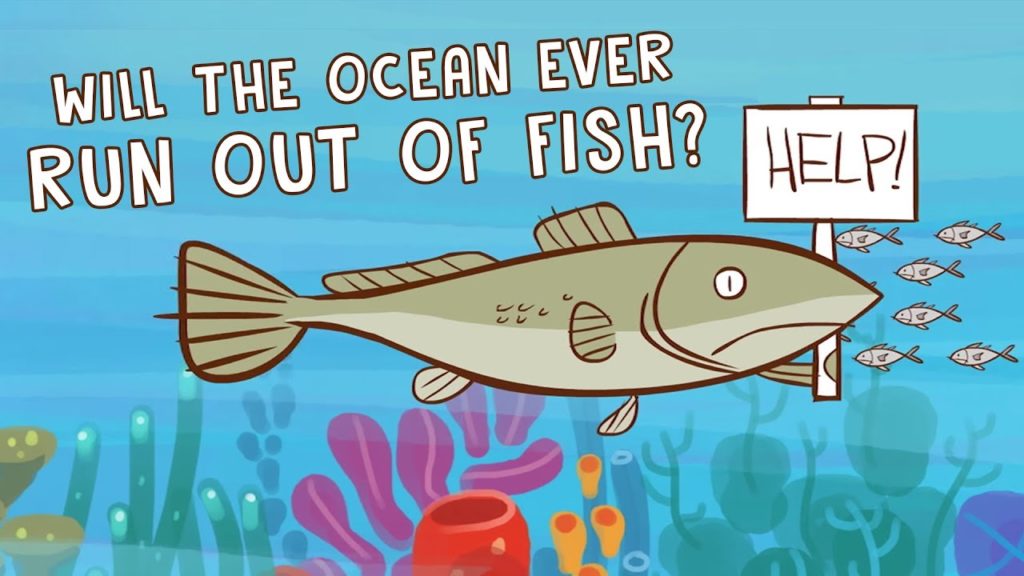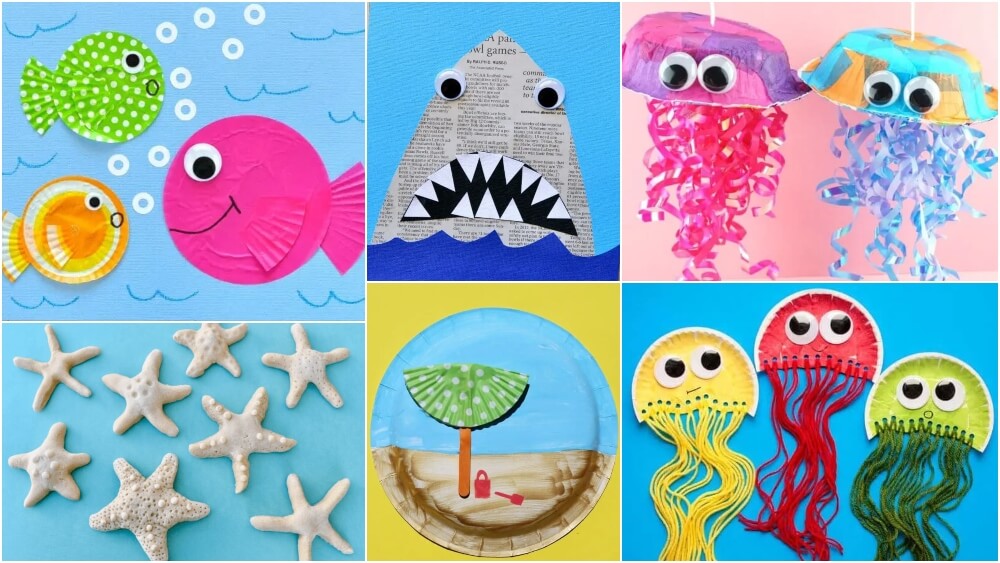Will the ocean ever run out of fish?

Fishes have fallen in trouble. Overfishing is taking place all over the world. In 1990s, the cod population of Canada’s east coast collapsed due to rise of recreational and commercial fishing. It has destroyed goliath grouper population in south Florida. Although the population of puma have plummeted by over 50%, the Southern Atlantic bluefin is on the doorstep of extinction.
FISHING AND OVERFISHING
The concept of fishing in a boat and waiting for fishes to show up has changed. Now a days, modern industrial fishing includes radar, sonar, helicopters and spotter planes to locate and catch fishes. The factory ships are guided towards the collection of fishes. Long hooks are hanged from it, to collect massive amounts of fishes of different species including seabirds, turtles, and dolphins. The collected fish are treated with on-board with flash freezing and processing techniques. These techniques helped us to reach greater depths and reach farther out at sea than before. Due to extension of the reach, we now have access to a wide range of species.
The Patagonian toothfish doesn’t have an appetizing outlook, however after late 1970s it was rebranded and marketed. The chefs of U.S. marked it as Chilean sea bass, later it became a delicacy. Unfortunately. The deep-water fishes cannot reproduce until they are 10years old. Thus frequent catching of these fishes at younger age can lead to their extinction. Shark fin soup is one of the famous delicacies in China and Vietnam. The rising demands and costs, lead fisherman to overfill their boats with shark fins.
EFFECTS ON ECOSYSTEM
This problem of overfishing is not restricted to sharks and toothfishes. Out of the total population, 31% is over-fished, 58% are fished at the maximum sustainable level;
Ecosystem is also hampered with over-fishing. Wild shrimps are caught using dragging nets that are very long and are spread along the ocean bottom, thus hampering the seafloor habitats below. The catch is however less, and is like 5% shrimp, the rest is thrown back to sea as unwanted dead animals.
If we consider costal shrimp farming; that is not great either. Mangroves are cut off and removed to make place for shrimp farms. This leaves no protection and natural water filtration for the coastal communities, ultimately depriving fish of their key nursery habitats.
SOLUTIONS:
- Government can put a limitation about when, where and how much fishing occurs on national waters.
- Restriction on certain boats and equipment must be imposed.
- Harmful practice and bottom trawling should be banned strictly.
- Establishment of marine reserves close to all fishing area.
- Boycotts to reduce wasteful practices like shark finning.
- Push fishing industries to adapt sustainable practices.
The rules and regulation of each fishery must be set in right manner depending upon science, respect for local communities and extent of rely on the ocean and for fish as wild animals.
Sometimes there is a need of international collaboration as well. Overfishing must stop now as much of our lives depend on fishes and fishing.






Responses